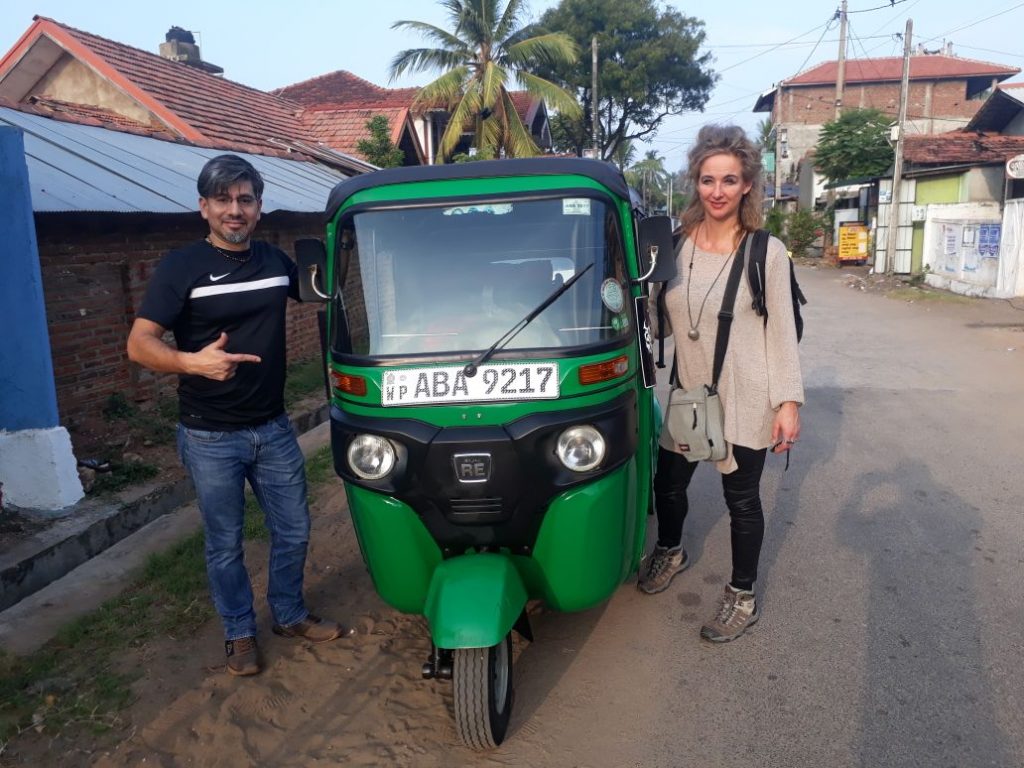AA Ceylon has ceased the issuance of International Driving Permits (IDPs) to foreign nationals holding overseas driving licenses. This decision follows concerns that, over the past few years, the organization had been issuing recognized permits for three-wheelers without valid justification. In response, Sri Lanka Police have issued a public notice emphasizing the legal requirements for operating vehicles, particularly three-wheelers, in the country.
Increase in Road Accidents Involving Foreign Nationals
A significant number of foreign travelers visiting Sri Lanka on short-term stays and renting three-wheelers have been involved in road accidents. Investigations have determined that the primary causes include a lack of valid driving licenses and inadequate training in operating three-wheelers.
Did You Know?
Foreign nationals must possess one of the following valid licenses to legally drive a vehicle in Sri Lanka:
- A valid Sri Lankan driving license
- A valid International Driving Permit (IDP) recognized in Sri Lanka
- A foreign driving license with a conversion certificate issued by the Department of Motor Traffic in Sri Lanka
It is important to note that an IDP does not authorize the operation of a three-wheeler. Likewise, foreign driving licenses converted in Sri Lanka do not permit three-wheeler operation.
Valid Driving Licenses for Operating Three-Wheelers in Sri Lanka
Old Driving License Categories:
- Category A – Issued for heavy vehicles but valid for three-wheelers
- Category E – Specifically for motor tricycles
New Driving License Categories:
- Category B1 – Specifically for motor tricycles
A Category B license (for dual-purpose vehicles) is not valid for operating three-wheelers. To legally drive a three-wheeler, an individual must pass a practical driving test and obtain a B1 endorsement.
Additionally, categories C, C1, CE, D, and D1 are valid for three-wheelers.
Before obtaining a driving license, anyone undergoing driving training in Sri Lanka must pass a written test and secure a learner’s permit before operating any motor vehicle.
Legal Consequences for Violating Regulations
Despite these regulations, numerous foreign nationals have been allowed to drive three-wheelers illegally. In response, Sri Lanka Police have announced strict legal action against vehicle owners who permit foreigners to operate three-wheelers unlawfully.
Key Legal Implications:
- If a foreign national is caught driving a three-wheeler without a valid license, the vehicle owner will be summoned for questioning.
- Legal proceedings will be initiated against the vehicle owner.
- Under Section 123(1) of the Motor Traffic Act, allowing an unlicensed individual to operate a vehicle is a punishable offense, with fines up to LKR 25,000 imposed on the vehicle owner.
Important Advisory for Vehicle Rental Businesses & Hotels
Rental agencies and hotels that provide vehicles, especially three-wheelers, to foreign tourists must ensure that their customers hold a valid Sri Lankan driving license before handing over the vehicle.
Failure to comply with this regulation may lead to legal consequences, including fines and other legal action.
This new enforcement ensures road safety and adherence to legal standards, preventing untrained individuals from operating three-wheelers unlawfully. Authorities urge all stakeholders to comply with these regulations to avoid legal repercussions and ensure public safety on Sri Lankan roads.


0 Comment